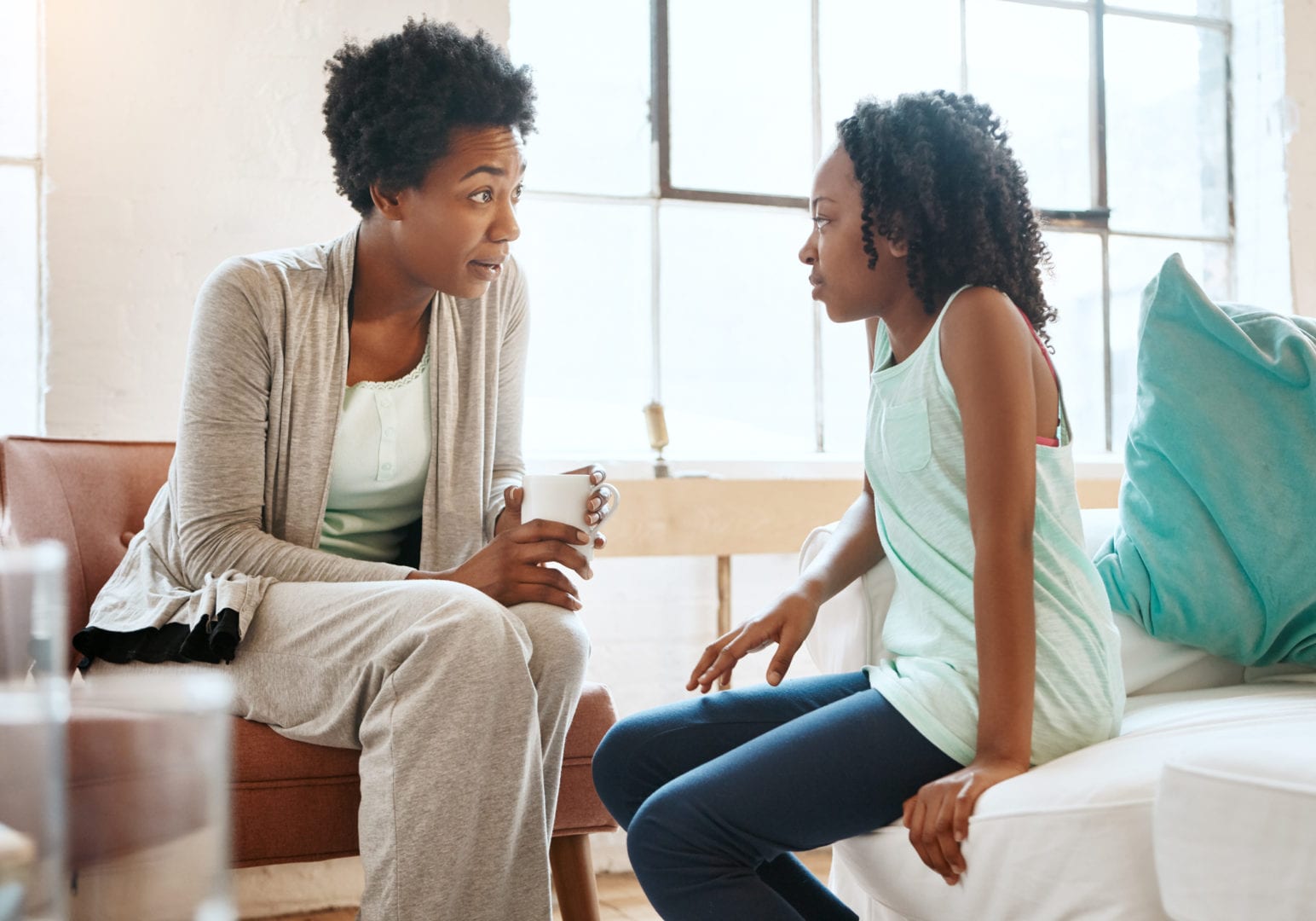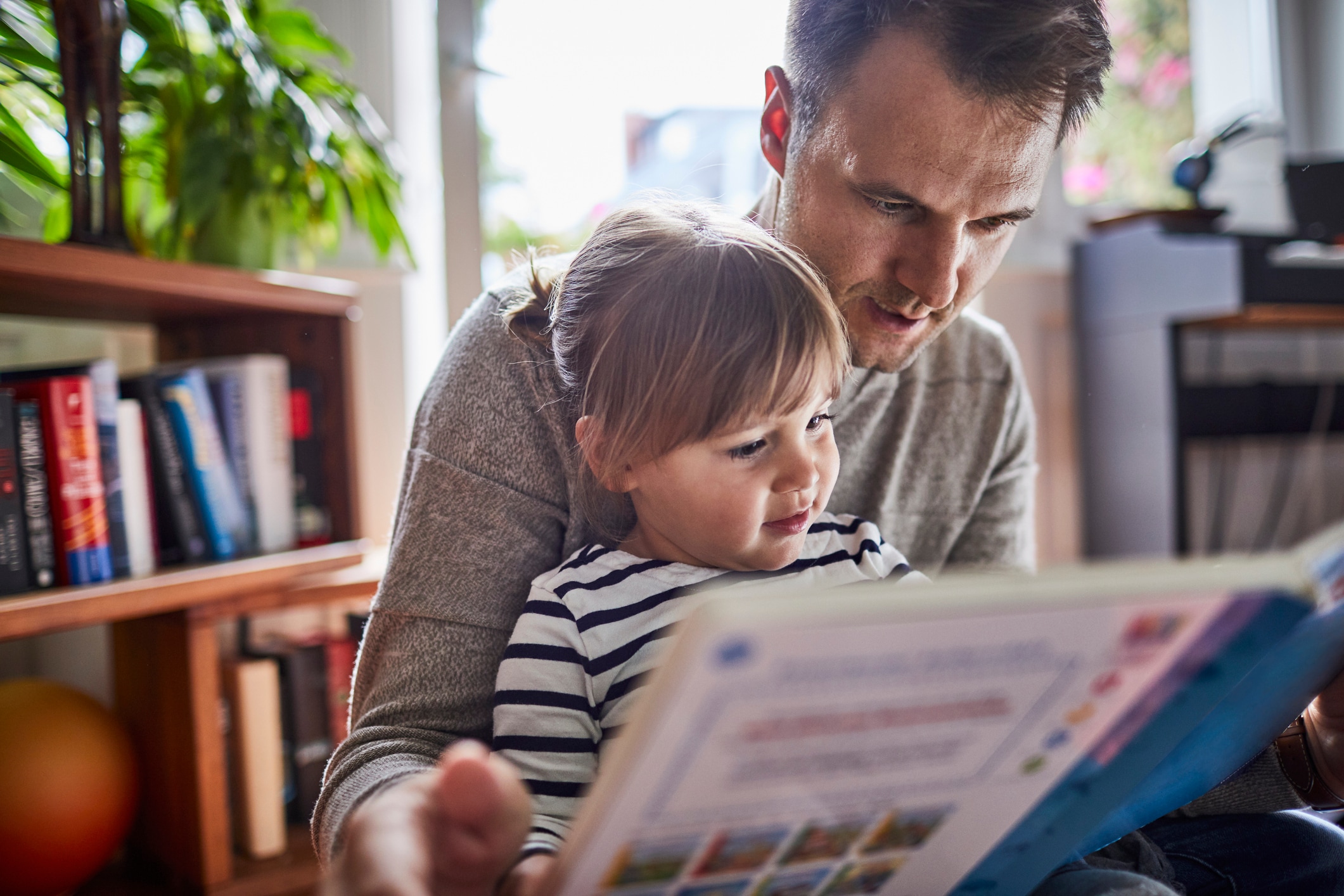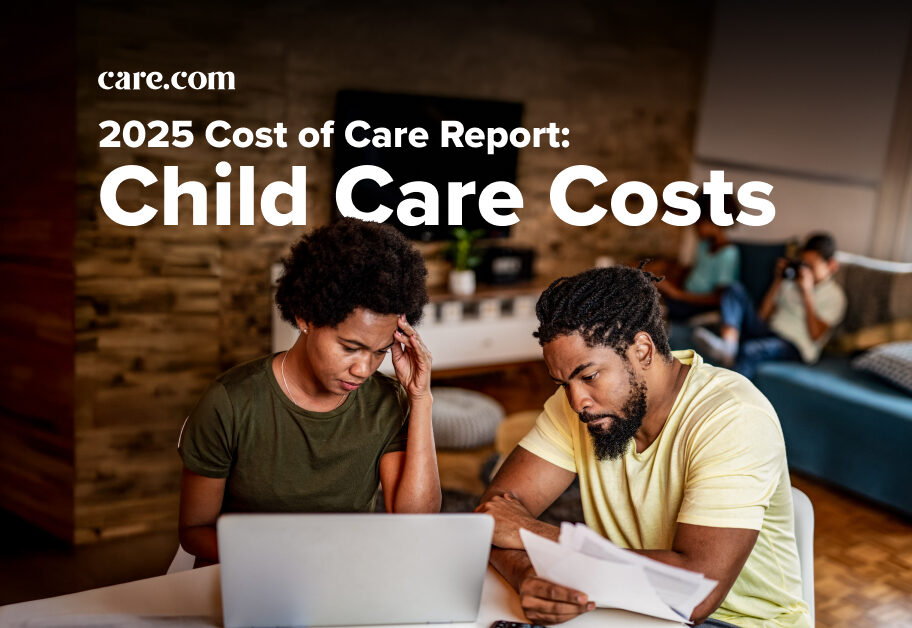Much ink has been spilled about Americans’ election season stress flying off the charts, and new research shows that kids aren’t immune. A new psychological study, published in the journal Child Psychiatry and Human Development, suggests that children and teens are worried about political issues. It’s a case for parents and caregivers to start a conversation about the election and the at-times ugly side of politics.
“Some parents, understandably frightened, turn off the television as soon as anything remotely political is featured and do not speak with their children about politics whatsoever,” says Dr. Leela R. Magavi, a Hopkins-trained adult, adolescent and child psychiatrist and regional medical director for Community Psychiatry, California’s largest outpatient mental health organization. “I recommend having age-appropriate conversations with children about politics. Children will hear about [the news] via various technological platforms and friends, and consequently, it is important for them to speak openly with their parents and ask questions.”
Here, how parents and caregivers can talk to children about politics in a way that will help them think critically, manage big feelings and take productive, meaningful action.
The basics for parents
Kids who you think are too young probably aren’t. Magavi urges parents to talk about politics in an age-appropriate manner while bearing in mind that kids as young as 3 are ready for certain subject matter.
Eric Patterson, a licensed professional counselor in Kittanning, Pennsylvania, agrees, noting, “No subject should be off-limits due to the age of the audience. When speaking to younger children about politics and the current political climate, it’s best to stick to ‘big picture’ ideas that represent a person or a party, like, ‘Democrats want to take care of people who need help, Republicans usually think people should take care of themselves’ is fairly accurate and easy to understand.”
See it as an opportunity. Talking to kids about voting and elections, in general, gives parents and caregivers the opportunity to explain how government works and to outline the goal of an election as a time for all citizens to exercise their right to choice of leadership, says Mary Rourke, a psychologist and director of Widener University Institute for Graduate Clinical Psychology in Chester, Pennsylvania.
Break down the key elements behind politics
Values
Ted Sun, a Dublin, Ohio-based organizational psychologist and father of an 8-year-old girl, engages his daughter on the subject of the election by asking value-based questions. “Most children are taught about what values they should practice and what leaders should have such as honest, integrity, respect, etc.,” he says. In order to do this, he asks her questions like:
-
What do you think are some of the ways a leader should treat people?
-
What did you learn at school about being honest?
-
What do we know about bullying?
-
What kind of leader would you want to follow?
Reflecting on these questions helps her think critically and arrive at her own conclusions, says Sun.
Opinions
Parents might consider exploring how there are many sides/perspectives to an issue and that good people can disagree on what they believe. “Helping kids to see that different opinions are almost always not an issue of good versus evil,” says Rourke.
Dr. Lea Lis, a double board-certified adult and child psychiatrist and author of “No Shame: Real Talk With Your Kids About Sex, Self-Confidence, and Healthy Relationships,” suggests adding that having different viewpoints doesn’t make people enemies. “Use positive role models such as how Justice Ruth Bader Ginsberg didn’t agree with Justice Scalia, but they were still great friends,” she notes.
Feelings
It bears noting that this particular election season is especially rancorous, filled with mud-slinging, name-calling and bullying, acknowledges Rourke. “The discourse around the election becomes more about the person and emotion and less about ideas,” she says.
To that end, there’s merit to discussing the part emotions play in politics. Share that politicians know that most people vote based on how they feel, not based on facts, so they intentionally stir up emotions, suggests Robin Terry-Brown, author of National Geographic’s forthcoming book, “Breaking the News.”
Parents can illustrate this for kids by explaining what Terry-Brown calls a “recipe for propaganda.” “The ‘ingredients’ of propaganda are when public figures play to people’s fears, use simple messages and repeat those messages over and over,” she explains. “Once kids are aware of this, they’ll be able to recognize it at play daily in the election.”
Rourke urges parents to explain that big feelings are not the most helpful way for us to make decisions and can distract us from important information. “We can help direct kids’ attention away from the vitriol and negative behavior and toward the important issues that each candidate represents,” she suggests. “Helping kids see that appeals to feelings are not as helpful as paying attention to the issues can help them resist that emotional pull.”
Give them helpful, productive tools
1. Emphasize classic lessons from kindergarten.
Niro Feliciano, a psychotherapist and anxiety specialist in Wilton, Connecticut, suggests reiterating basics like:
-
Show respect for people who don’t look or think like you.
-
Listen patiently. (Look for examples in their own life, such as, “How do you feel when Mommy doesn’t listen to you when you are trying to talk to me?”)
-
No name-calling.
2. Show them how reflective listening works.
By reflecting on what another person says, it shows that you’re taking the other person seriously, points out Lis. This works by repeating a person’s original statement back to them. For example, if a person says, “I think that candidate may be too old to be president,” you can say “I understand that they might be old, but I think he is still very mentally agile,” reflecting back to the original statement.
3. Model compassionate responses.
“For example, after a debate like the first 2020 presidential debate, a parent might say, ‘Wow, I wonder if that candidate is feeling pretty scared about the possibility of losing – look how his big feelings are making him interrupt and be mean to the other candidate. We can’t even hear his own ideas,’” suggests Rourke. “Or ‘Wow, that candidate must be pretty upset. His big feelings made him call his opponent a name. That is not respectful, and it doesn’t help us see his ideas.’”
By helping kids to put the negative emotional behaviors into context and understand their possible origins, parents and caregivers can help them avoid getting pulled into the negativity and stay focused on the importance of the issues, says Rourke.
4. Encourage them to pause, think and ask questions before they act or react.
The best way to encourage kids to think critically when they feel strongly? Encourage them to take time before they respond and to respond thoughtfully as opposed to react irrationally, says Feliciano. One way to do this is by asking them to share a situation in which they responded too quickly, then discuss the outcome.
A note on social media: Parents can talk to older kids about how headlines and social media posts are also often designed to make people feel strong emotional reactions, so they’ll click or share a post, says Terry-Brown. “So, the best advice for kids — and for all of us — is that when we feel a really strong, immediate reaction, resist the urge to share a post immediately,” she notes. “Stop, breathe and think about what is making you feel that way. And the first line of defense is always to read the whole article or post before sharing.”
She adds that a conversation around political posts on social media is also an opportunity for parents to point out that many people feel like they can say anything online, no matter how hurtful.
“The message to kids should be to remember that there are human beings on the other side of those social media posts, and they should never say anything on social media that they wouldn’t say to someone in person,” says Terry-Brown. “And when they see other people saying mean things, those people are being cowardly, because they would never say those things in person.”
The bottom line on social media discourse, according to Patterson: “Encourage your kids to communicate about politics when face-to-face or over video chat to reduce the risk of either party becoming emboldened by the distance of social media.”
5. Help them manage their anxiety
“For kids of all ages, it is important that they see that adults are paying attention, and that they will respond to and manage whatever happens next,” she notes. “It is important to acknowledge that these are difficult times and that many people are worried about what comes next, but it is equally important to offer reassurance that thoughtful and capable adults will be around and will handle whatever happens.”
6. Help them channel their energy for change
A large part of teaching kids how to talk about and engage around politics and the election involves modeling healthy behaviors and communication for them. But given the big emotions that politics often incite even in adults, it can be tough not to yell at the TV or make dramatic statements (think “We may need to move to Canada!” or “This is the end of democracy as we know it!”).
Parents can instead channel that passion and energy into small scale change, suggests Patterson. “Instead of making changes that immediately change the world, kids and adults can start by engaging in smaller tasks like volunteering for a good cause or sending a donation to a favorite charity,” he notes. “This plan shows kids that small actions can create change.”





